 |
| Mr. Nguyen Dinh Phuong (middle) interpreted for the meeting between Special Advisor Le Duc Tho and Security Advisor Henry Kissinger. |
The simple office was “overwhelmed” with books, thick books covered in dust from time, the old-fashioned English typewriter the size of a desk phone… was still there but he was missing! Sipping a cup of warm tea, I was lucky to join Uncle Hai (Mr. Phuong’s eldest son, also following in his father’s footsteps) and his wife in endlessly chatting about the life and career of that interpreter!
Durable, simple shine
It seems that history books rarely give “space” to interpreters. But in many historical photos, that interpreter stands in the middle with sparkling eyes behind glasses, a broad forehead and a gentle smile! Mr. Phuong is not only an interpreter but also a direct witness to many rare events in the outstanding diplomatic history of Vietnam: The main interpreter for secret negotiations, private meetings between Minister Xuan Thuy - Ambassador William Harriman and then private meetings between Special Advisor Le Duc Tho - Security Advisor Henry Kissinger from 1968 until the spring of 1973!
His life reminds me of the image of a “sun”, persistent, simple, shining with his own principles. Persistent in his mission as an interpreter and shining in that mission in a humble and silent way! A long part of his life was devoted to the work of interpretation, including the years working at the Paris Conference. Although he made important contributions to the historical events of the country, he always considered it natural, a job that had to be done and a duty that had to be fulfilled for the country.
In his later years after retirement and even in the last stages of his life, he was still passionate about his work as a translator, interpreter, and his passion for reading and collecting books. Every day from 8am to 5pm, except for sick days, he would work hard with his typewriter, writing and translating according to certain "com mang" (requests) from the Ministry of Foreign Affairs, Vietnam News Agency, World Publishing House, Culture Publishing House, Kim Dong Publishing House... People around the Temple of Literature - Quoc Tu Giam area were not unfamiliar with the image of an old man leisurely walking with a cane, chatting happily with everyone, regardless of the sun or rain, walking to the book street to add to his massive collection of Western and Eastern books. No matter how much money he had, he bought books, he used his pension or salary to buy books, mainly English literature, Vietnamese history, world history and culture.
I think he is a happy and lucky person, because he has lived his passion to the fullest throughout his life! That happiness cannot be measured, but it appears in every journey he takes, in the satisfied smile in every photo he takes. In an article about the secret negotiations on the Paris Agreement, he also talked about that complete serenity: “Now, I am very satisfied when I recall the time when I was a linguistic bridge between one side representing the United States, a Western power with overwhelming advantages in economic, military , scientific and technological strength, and the other side representing Vietnam, a small, poor, backward Eastern country but with a very proud cultural and historical tradition”.
 |
| Mr. Nguyen Dinh Phuong interpreted for Mr. Le Duc Tho at the Paris Conference. |
Perhaps it is not a “theory” for those who work as interpreters, but he has also concluded things that any interpreter can understand and learn: “An interpreter must play the role of an intermediary in the process of conveying language, trying not to reveal his feelings on his face or in his voice. However, while interpreting for Mr. Sau (Le Duc Tho) negotiating with Kissinger, I am not sure if I could do so or not, because after all, I was a person on one side of the negotiation. I only remember that throughout the negotiation process, I was always proud to be the interpreter for the Vietnamese representatives who were full of courage and intelligence, making the other side respect and admire after the tense, prolonged, one-on-one arguments and mental battles at the secret negotiations in Paris”.
What Mr. Phuong left for his children and grandchildren is also immaterial but priceless like his life and lifestyle! A simple, responsible and dedicated lifestyle is like an "unwritten rule" for his children and grandchildren. They are always proud of their father and grandfather with his silent contributions to an important historical event of the country. One of his grandchildren, while studying abroad in the US, was so surprised that he burst into tears when he entered the office of a history professor and saw a photo of the professor and his grandfather placed solemnly on the table. Somehow, his contributions to the Paris Conference were not silent!
 |
| Mr. Nguyen Dinh Phuong interpreted for Prime Minister Pham Van Dong. |
Secret negotiations
We reviewed the stories Mr. Phuong told about the secret negotiations at the Paris Conference between Special Advisor Le Duc Tho and Minister - Head of Delegation Xuan Thuy (Mr. Sau, Mr. Xuan) - the people who spearheaded that historic diplomatic campaign. Mr. Phuong told about those negotiations with all his respect and admiration for the "masters" of Vietnamese diplomacy, who always maintained the initiative and creativity in negotiations.
Mr. Phuong once wrote: If Kissinger, a professor at Harvard University, is known to the world as a disciple of Metternich (an Austrian diplomat who chaired the Vienna Conference to re-divide Europe) or of Machiavelli (a famous Italian philosopher and politician), then Le Duc Tho's biography is much simpler, as simple as an Eastern folk tale. Mr. Sau was not educated at any prestigious school. His school is a practical school, a life experience distilled through years of following the revolution from his adolescence to becoming a professional revolutionary activist, an outstanding revolutionary leader of the Communist Party of Vietnam. It is the spirit that radiates from him that makes his comrades trust him and his opponents respect him.
There is a story in the secret negotiations that Mr. Phuong remembers very well: One time, Kissinger quietly sat with a pencil in his mouth listening to Mr. Sau's presentation while Mr. Phuong listened attentively and conveyed all the ideas while translating. Suddenly, Kissinger asked: "Mr. Advisor, through Beijing and Moscow, have you heard your friends inform us about our opinions in this negotiation?" (referring to Nixon's visit to China and the Soviet Union). Faced with that provocation, without thinking, Mr. Sau immediately replied: "We fought against your army on the battlefield and we also negotiated with you at the conference table. Our friends wholeheartedly supported us but could not do it for us!" Another time, when Mr. Sau criticized Kissinger's proposal to withdraw troops as a step backward compared to the agreements that the two sides had reached before, Kissinger said: "Lenin said: One step back, two steps forward. I learned from Lenin." Mr. Sau immediately responded: “Leninism must be applied flexibly. You are mechanical.” Just a few short responses were enough to show Mr. Sau’s ability to respond fluently, flexibly and sharply.
After the US failed in its action of using B52 bombers to destroy Hanoi and Hai Phong at the end of December 1972, negotiations resumed and Mr. Sau also returned to Paris.
On January 8, 1973, on the way to the meeting place at Gif sur Yvette, Mr. Sau said: “Today our delegation will not go out to welcome the American delegation as usual. We will criticize the Americans strongly, we will say that the American bombing during Christmas was stupid, you translate that sentence correctly…”. At the meeting, Mr. Sau did it. Although he had been told in advance and had directly witnessed the “hard” Advisor dozens of times, Mr. Phuong had never seen Mr. Sau vent his anger on the opponent like that morning! Deceitful, stupid, treacherous, and flip-flopping… everything! Kissinger could only bow his head and listen, without any reaction. Only after a long time did he stammer: “I heard those adjectives… I will not use those adjectives here!”. Mr. Sau, still in the position of a victor, immediately replied: “I only said a part of it, but the journalists used many more harsh words!”. Although professional regulations required Mr. Phuong to translate accurately, honestly, and objectively, avoiding revealing his emotions, “But at that time, I was not sure if I could contain my joy mixed with a little pride in front of Mr. Sau's fierce attitude and Kissinger's weak resistance,” Mr. Phuong wrote.
 |
| The typewriter - a keepsake that has accompanied Mr. Phuong for decades in his translation work. |
After many years of wrangling at the conference table, we finally reached a consensus on issues of principle, the most difficult, persistent and complicated of which was the issue of the Northern troops remaining in the South. It was Le Duc Tho's courage, talent and will that forced Kissinger to make concessions step by step, until the last minute he had to abandon the issue of withdrawing the Northern troops, agree to discuss the protocols and determine the format for signing the Agreement to quickly conclude the final round of negotiations on January 13, 1973.
“On January 27, 1973, witnessing the representatives of the parties signing the Paris Agreement, I could not contain the emotions welling up in my heart. The burning desire of me and other brothers in the Delegation had finally come true. I breathed a sigh of relief as if I had just lifted the burden that had been on my shoulders for a long time participating in the negotiations,” Mr. Phuong once shared.
It has been more than 10 years since Mr. Phuong passed away. The office and the typewriter are covered with a thin layer of dust from time, missing their devoted owner! The stories about his life and the years of selfless dedication to the country will still live on through time because they are a part of history!
Source: https://baoquocte.vn/nho-ve-nguoi-phien-dich-tai-hoi-nghi-paris-mot-hanh-trinh-tham-lang-213735.html



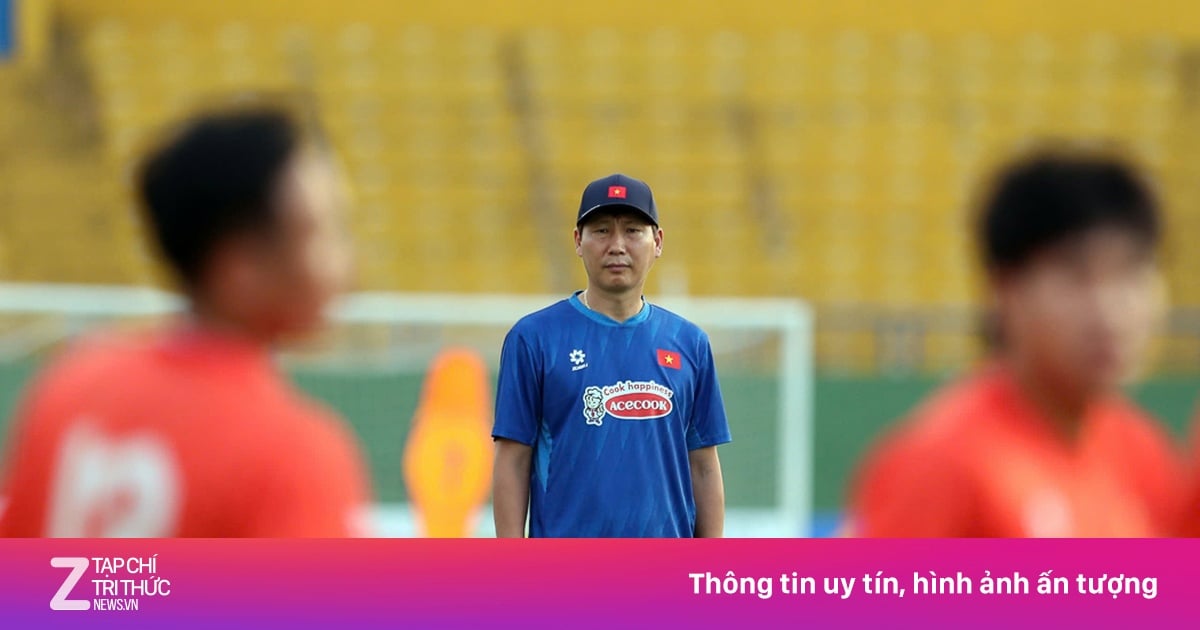
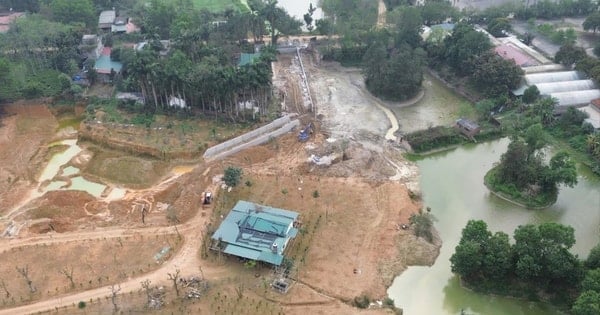
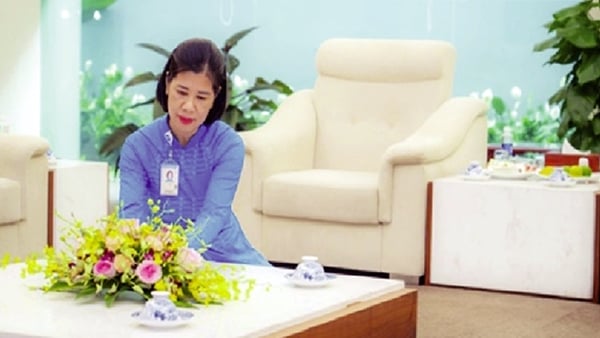
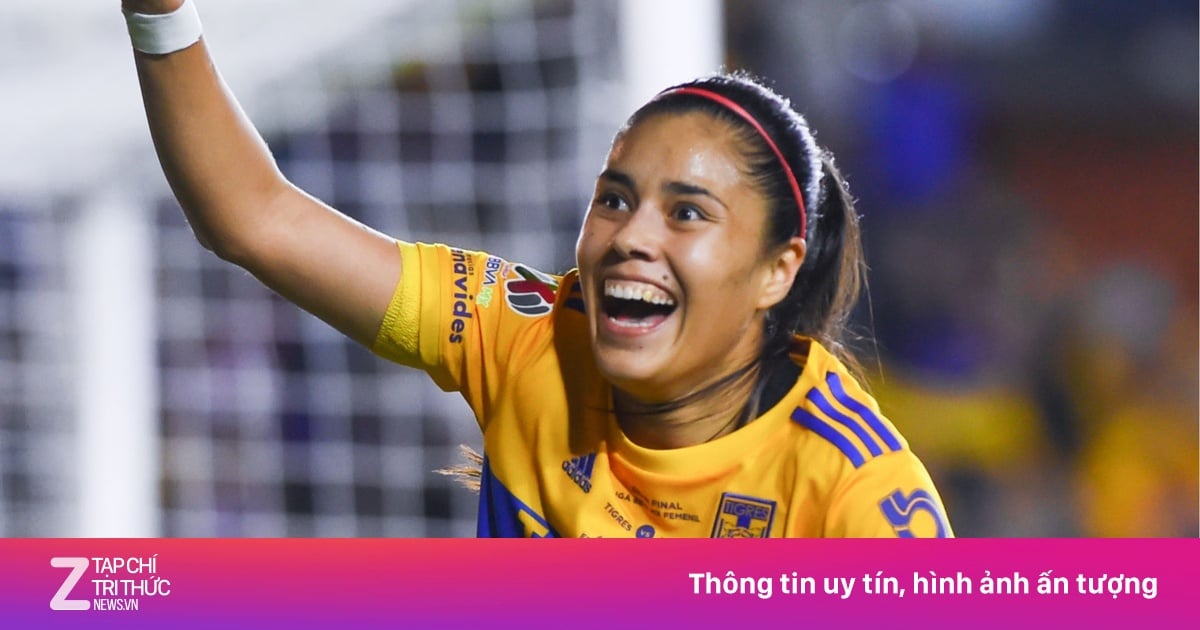

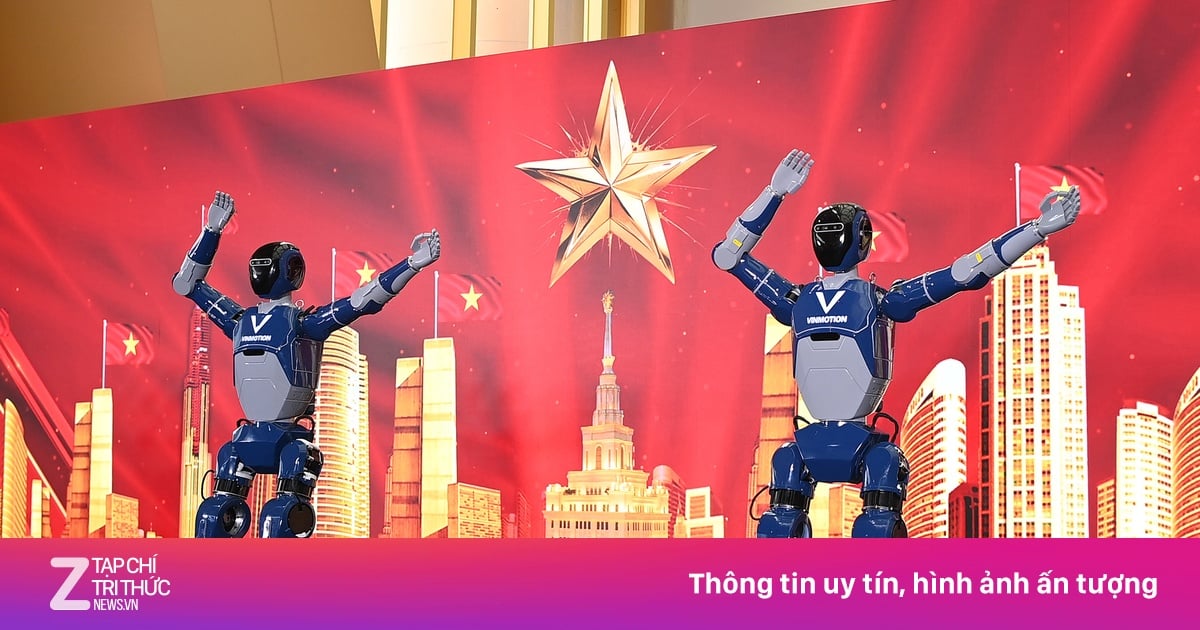
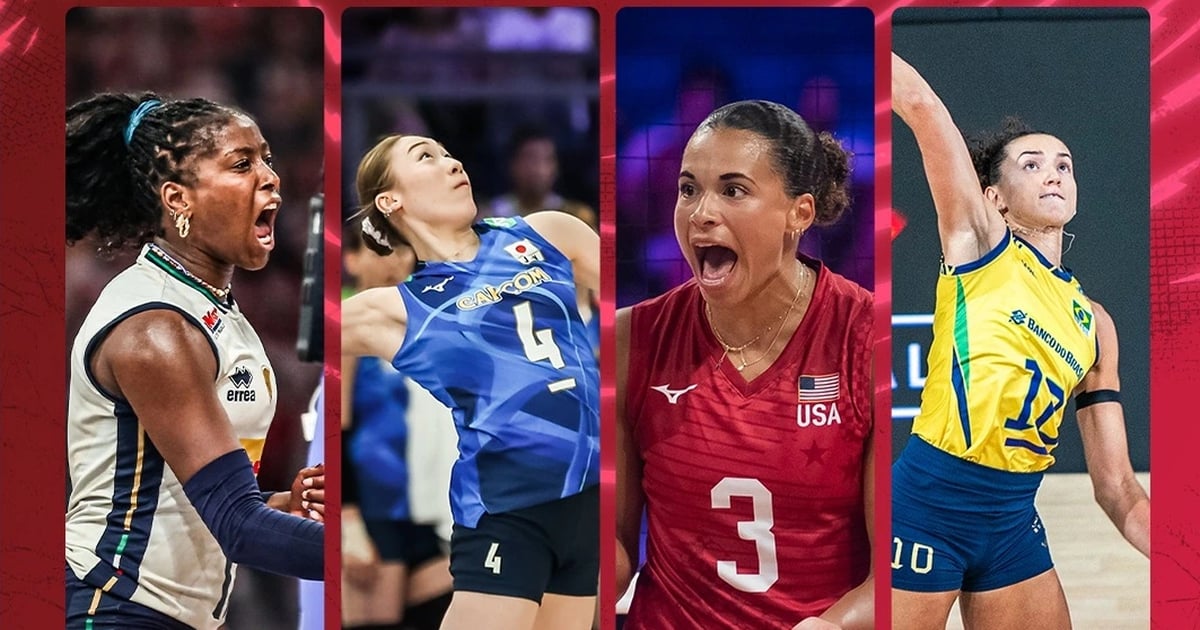
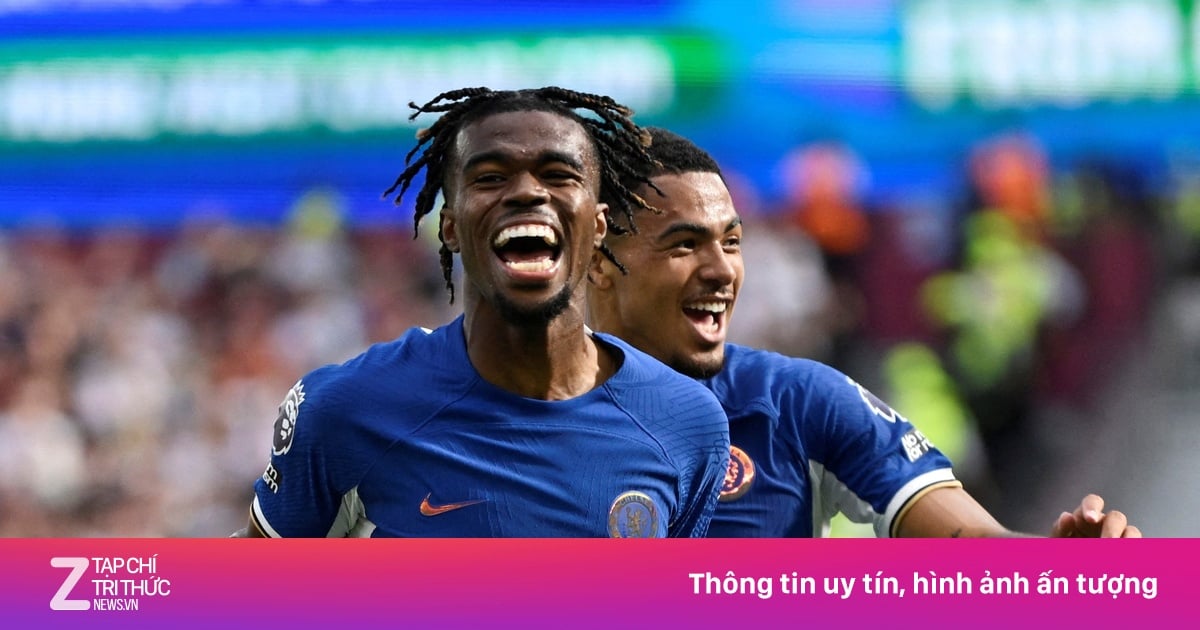
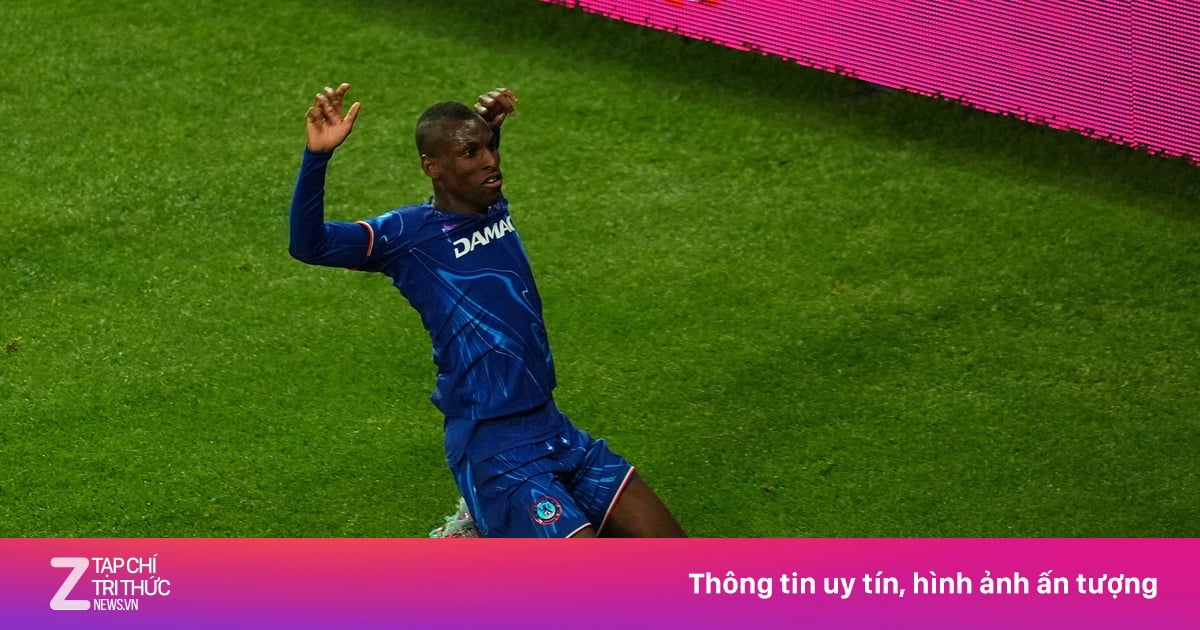
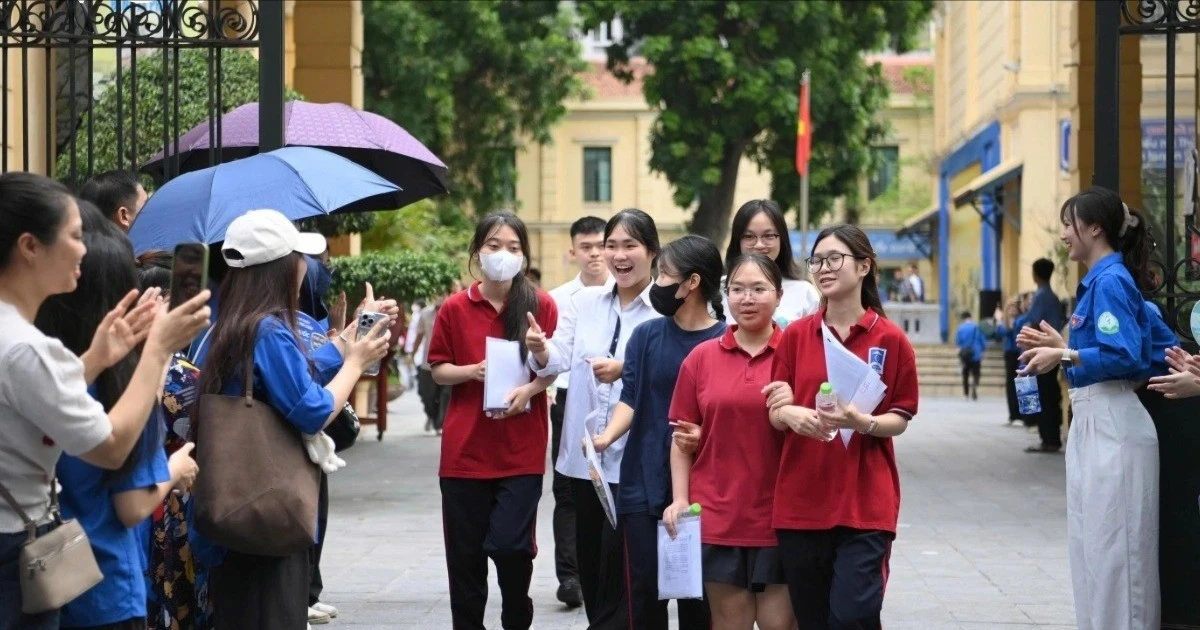















![[Photo] An Phu intersection project connecting Ho Chi Minh City-Long Thanh-Dau Giay expressway behind schedule](https://vstatic.vietnam.vn/vietnam/resource/IMAGE/2025/8/21/1ad80e9dd8944150bb72e6c49ecc7e08)



































![[Photo] Politburo works with the Standing Committee of Hanoi Party Committee and Ho Chi Minh City Party Committee](https://vstatic.vietnam.vn/vietnam/resource/IMAGE/2025/8/21/4f3460337a6045e7847d50d38704355d)

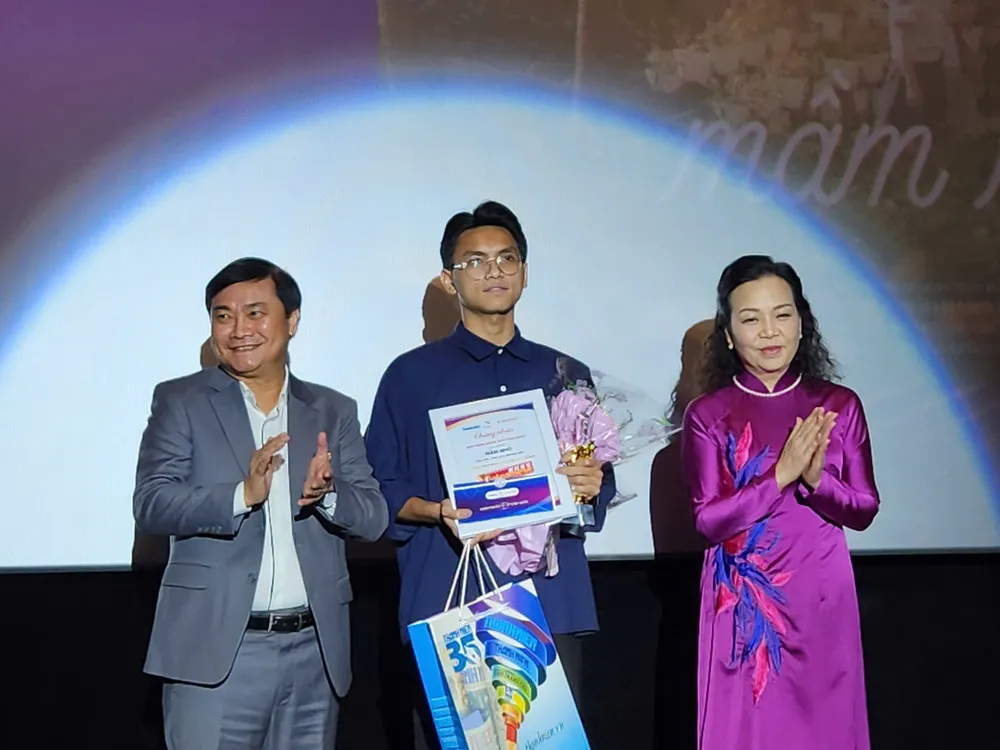































Comment (0)